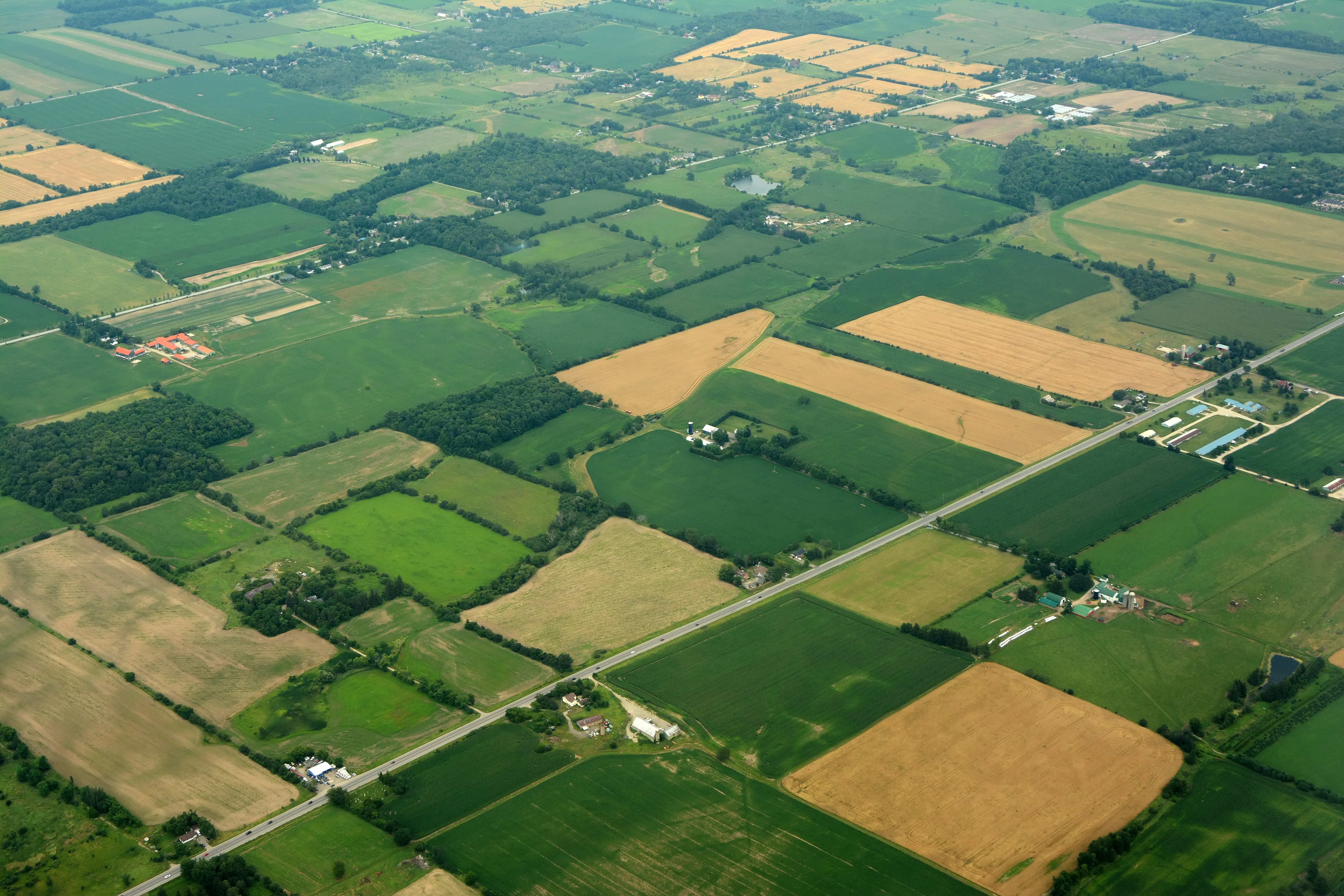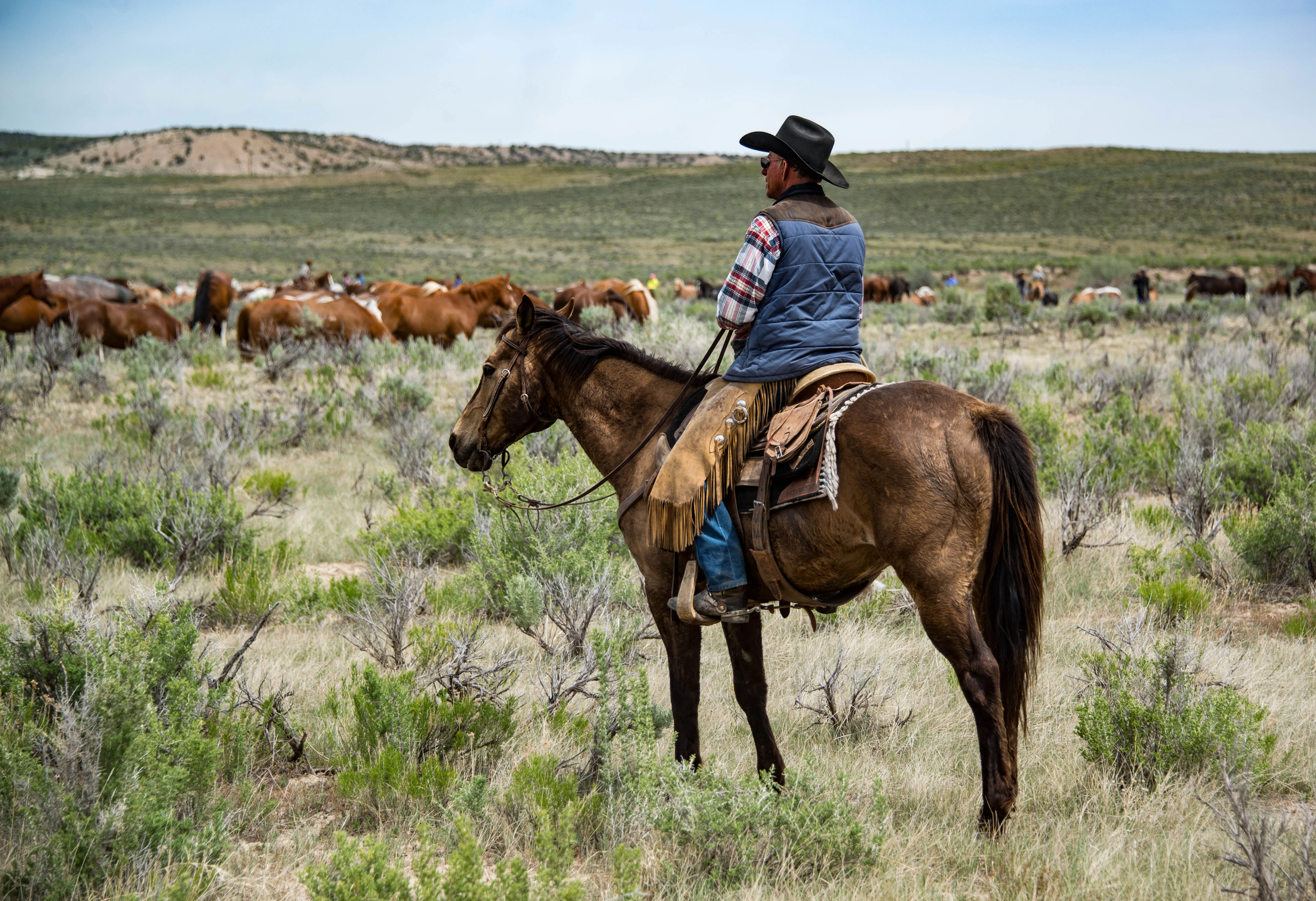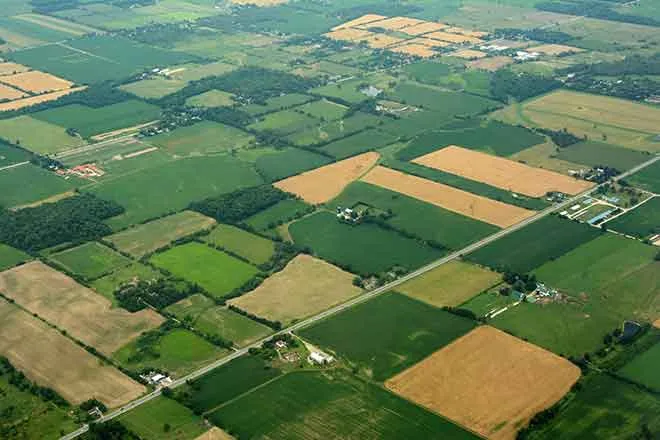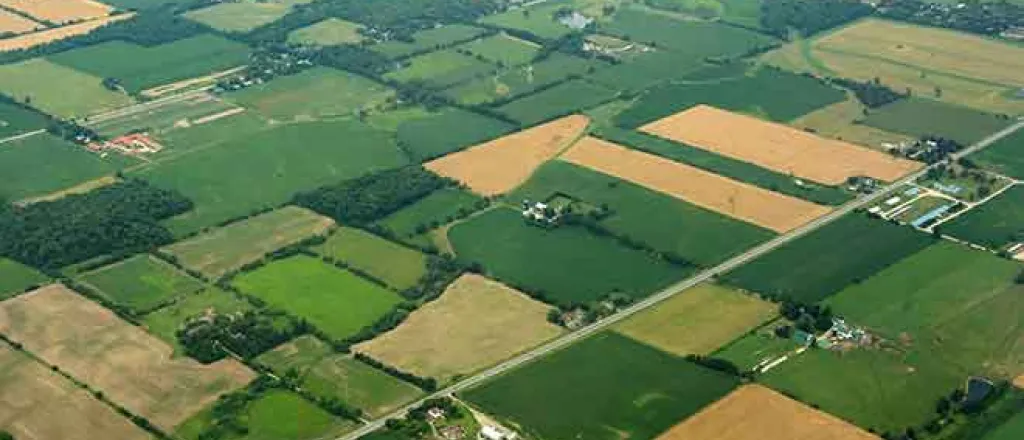
Activists critical of Kentucky farmers using ‘biosludge’ as fertilizer
Click play to listen to this article.
(Kentucky News Connection) Kentucky farmers are using biosolids or "biosludge" from city sewage as cheap fertilizer but the price tag is high in terms of health, from toxic industrial chemicals known as PFAS and heavy metals contaminating produce, groundwater and soil.
Kentucky lawmakers have passed regulations experts said weaken protections for biosludge application on farmland.
Tom FitzGerald, attorney and former director of the Kentucky Resources Council, warned farmers in the Commonwealth trying to save money on fertilizer by using biosludge could end up with a significant headache down the road.
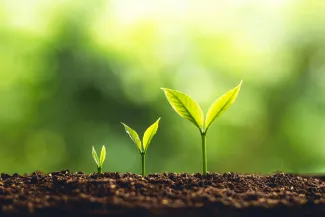
"Unless the cities are properly managing the waste that come into the system, and are sampling and clearing them for release for public use, I would simply tell the farmers not to take these biosludges, because the risks are so high," FitzGerald asserted.
According to open records request data from the Kentucky Energy and Environment Cabinet, lab samplesfrom around a dozen wastewater treatment plants statewide revealed most contained detectable levels of PFAS.
Adam Nordell said his small family-owned vegetable farm dream in Maine became a nightmare when he discovered sewage sludge applied decades prior had irreparably contaminated his land and groundwater with high levels of PFAS. He stressed he wants to raise awareness among farmers in other states about the risks, and the importance of testing.
"We had been living on contaminated land," Nordell explained. "We've been drinking contaminated water. We've been irrigating our crops and supporting our livestock with contaminated groundwater."
FitzGerald said Kentucky's regulations reduce accountability and do not require cities to test the biosludge before it's applied to farmland.
"The cabinet should have used its authority to broaden out the list of contaminants, to broaden out the sampling and testing requirements and to broaden out the notice requirements to farmers," FitzGerald contended.
According to the Environmental Working Group, at least 5 percent of all crop fields nationwide could be using biosludge likely contaminated with PFAS. And since 2016, more than 19 billion pounds of biosludge have been applied to farm fields.


